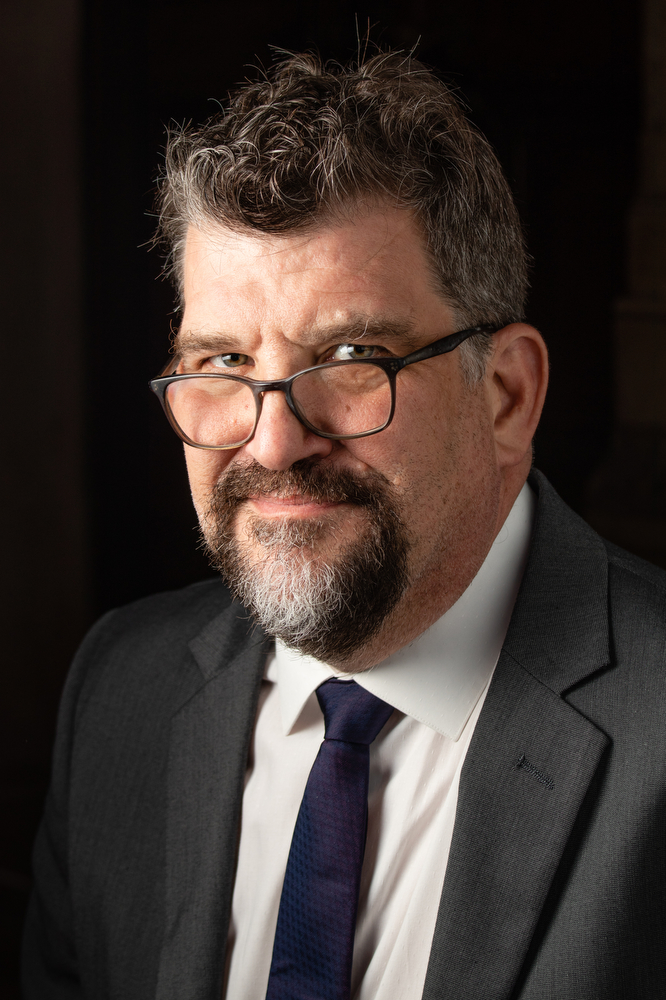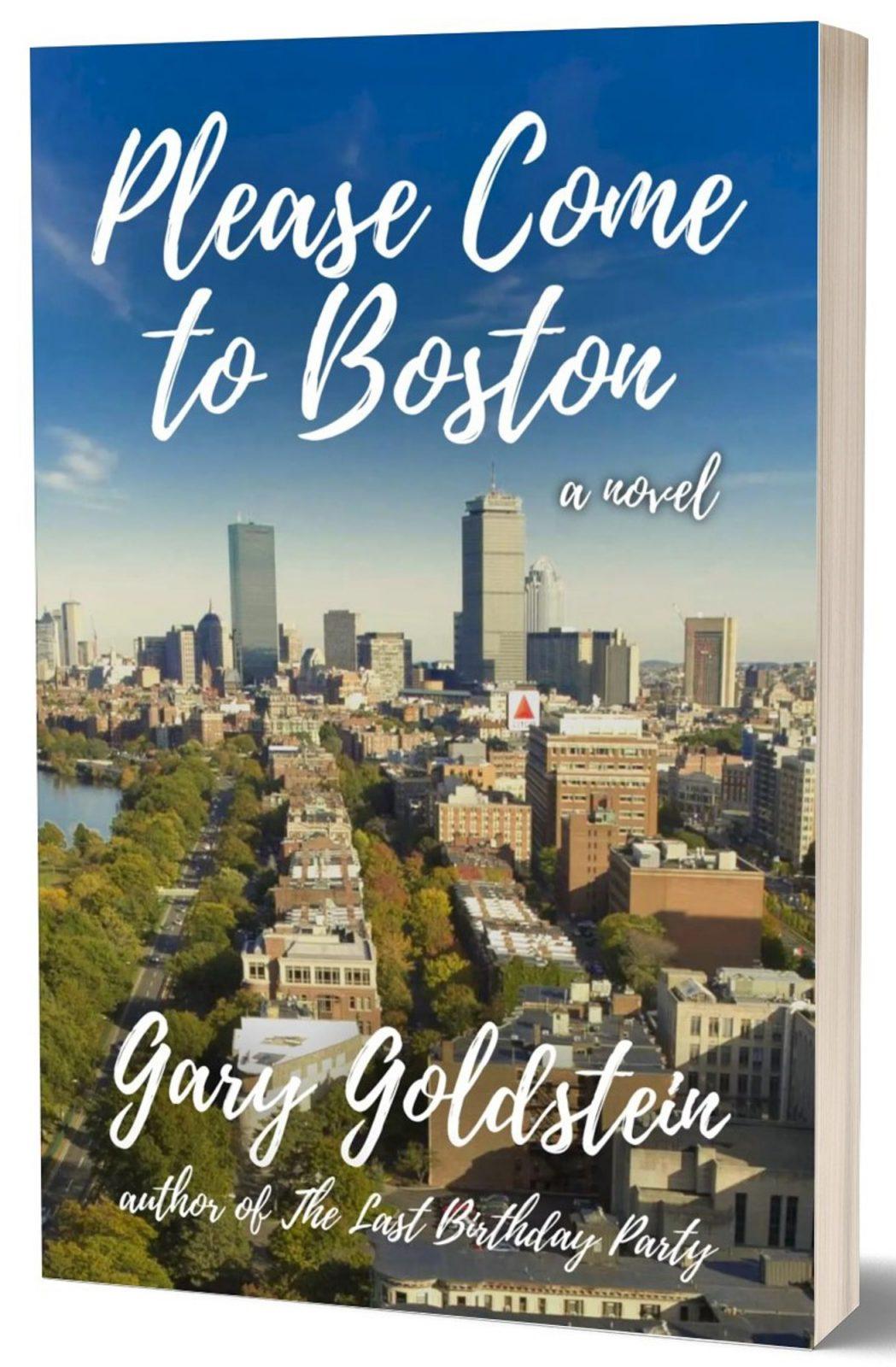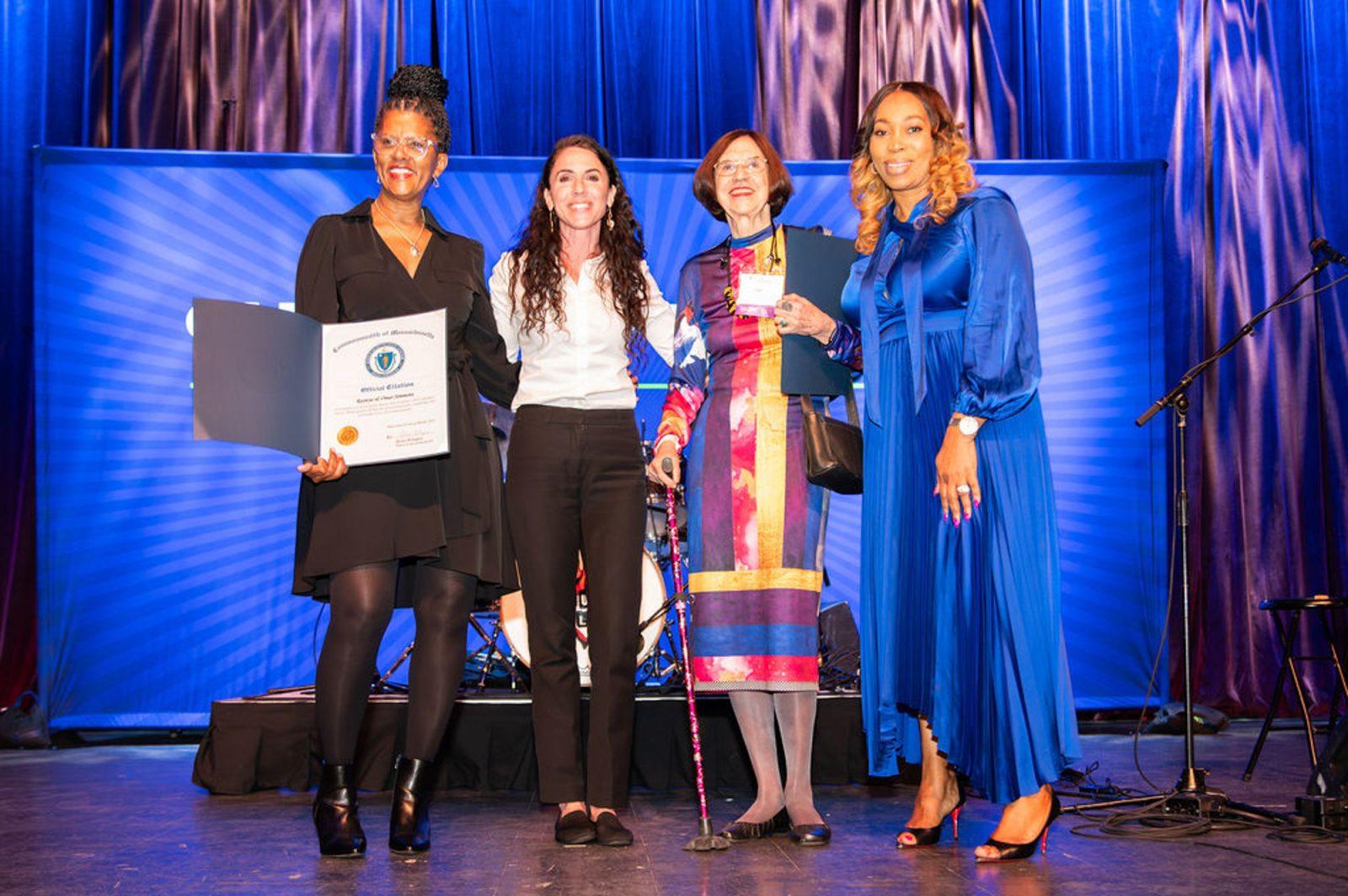John Archibald flunked Language Skills II when he was in high school. Now he has a Pulitzer Prize.
“I still don’t know why I need to know what a gerund is,” Archibald said without a trace of humor in his voice. “In retrospect … [writing] gave me a voice I didn’t think I had. I was confident to say things in print that I wasn’t confident saying out loud. I honestly don’t know what I think until I write it down.”
Before taking part in the formalities of becoming the Boston University College of Communication’s first Writer in Residence earlier this month, Archibald descended the stairs below Insomnia Cookies into The Daily Free Press office, armed with a hot drink from Pavement, and sat down at the center table to reminisce over where it all began for him.
At the University of Alabama, journalism was Archibald’s sixth major. He tried his hand in geology and law before walking into the student newspaper’s office — The Crimson White — where he “fell in love with both the business and the woman who became [his] wife.”

“It was just like the universe collided to bring me there,” Archibald said. “You know how it is if you’re here, under the Insomnia Cookies, in the middle of the night, whenever you’re trying to get this done, you’re gonna do it. That feeling that you could write things and all of a sudden people heard you sometimes was a real awakening.”
Upwards of 30 years later, Archibald, now a renowned columnist for AL.com and The Birmingham News, began his visit to Boston University as the inaugural Writer in Residence at the COM on April 3. He spoke with students in COM by visiting their classes, and delivered an address on Tuesday to an audience of 120.
Michael Dowding, a master lecturer in COM who is on the team that created the Writer in Residence program, said the program’s aim was to show students that writing can be more than just “a necessary skill.”
“We want students … to see that writing can really be the centerpiece of a thriving and successful profession and career,” Dowding said.
And Archibald’s perhaps encapsulates a “thriving and successful” career. The man has stories — stories from the digitization of his newspaper in 2012 when he had to decide whether to keep at it or not; stories of when he felt the “spark” that told him he had to write about a photograph of a little girl in Nashville crying with her head against the window of a school bus out of fear of a shooting she had witnessed; stories of watching a botched execution of a disabled man — and the man’s father repeating “they’re torturing him” beside Archibald.
Archibald spoke of these memories with levelheadedness — like they were a layman’s Tuesday in July, stuck in highway traffic on the way home to eat burgers for dinner. Where he got passionate, though, was in talking about voice. He deems it “the one thing in all the world that is unique.”
“When you’re in school, they tell you to find your voice,” Archibald said. “I had no idea what that meant. Where is it? You know? At some point I started just writing like my brain thinks, like that voice inside my head that says I should have stopped telling that story, but I kept going anyway.”
He feels guilty, he said, because for all the flaws in the journalism industry, it’s been good to him. It’s given him a platform for that voice inside his head to be heard — something he feels all writers want. Winning the Pulitzer Prize for Commentary in 2018 heightened that platform. He attributes his book deal and his 2020 Nieman Fellowship to it, yet he also confessed that winning was “bad for him”; it made him care more about what people thought about him.
“If you’re writing opinion columns … you can’t be concerned about whether people like you or not, because if you do, then you inevitably write things to please the people you want to please,” Archibald said. “And that’s poison.”
While he was scared winning the prize would make him someone he wasn’t, at his core he recognizes the voice on the page from his college newsroom days. Last year, he reread his final column for The Crimson White, and despite all the years of opinion writing that followed, all the accolades and all the stories he would tell throughout his career, he said “it sounded just like me.”
“It’s so weird, because I’m so much like I was then, and yet I’m so different, or perceived as so different,” Archibald said. “Hopefully it’s because of a long time developing relationships with readers. Maybe it’s because of arbitrary prizes.”
His colleague Ashley Remkus, who was part of the team that won the Pulitzer Prize for national reporting in 2021, said Archibald isn’t “just saying that” when he says he cares more about the impact of his writing than those prizes. The best writing, she said, doesn’t have to be the “fanciest,” it has to resonate with people the most.
To her, Archibald’s work does just that.
“It could be about a terrible subject in the news, or some horrible thing … but the language that he’ll use … sounds like language that’d be used around the dinner table growing up, or language that I might use in the bar talking to a buddy from school,” Remkus said.
But that sort of praise doesn’t keep Archibald from feeling massive imposter syndrome — an angel and devil on his shoulder simultaneously telling him he’s “the greatest” and, at the same time, “full of crap.” He’s still trying to figure out how to call himself a writer, seeing himself as more of a workman than an artist.
“It seems a little pretentious, but at the same time, there is a difference between writers and people who aren’t,” Archibald said. “It’s metaphysical when the words come out the way you want … It’s a great feeling. I guess if you love that, maybe that makes you a writer. But I don’t know. I’m thinking this through right now, I haven’t written it down.”


























































































































